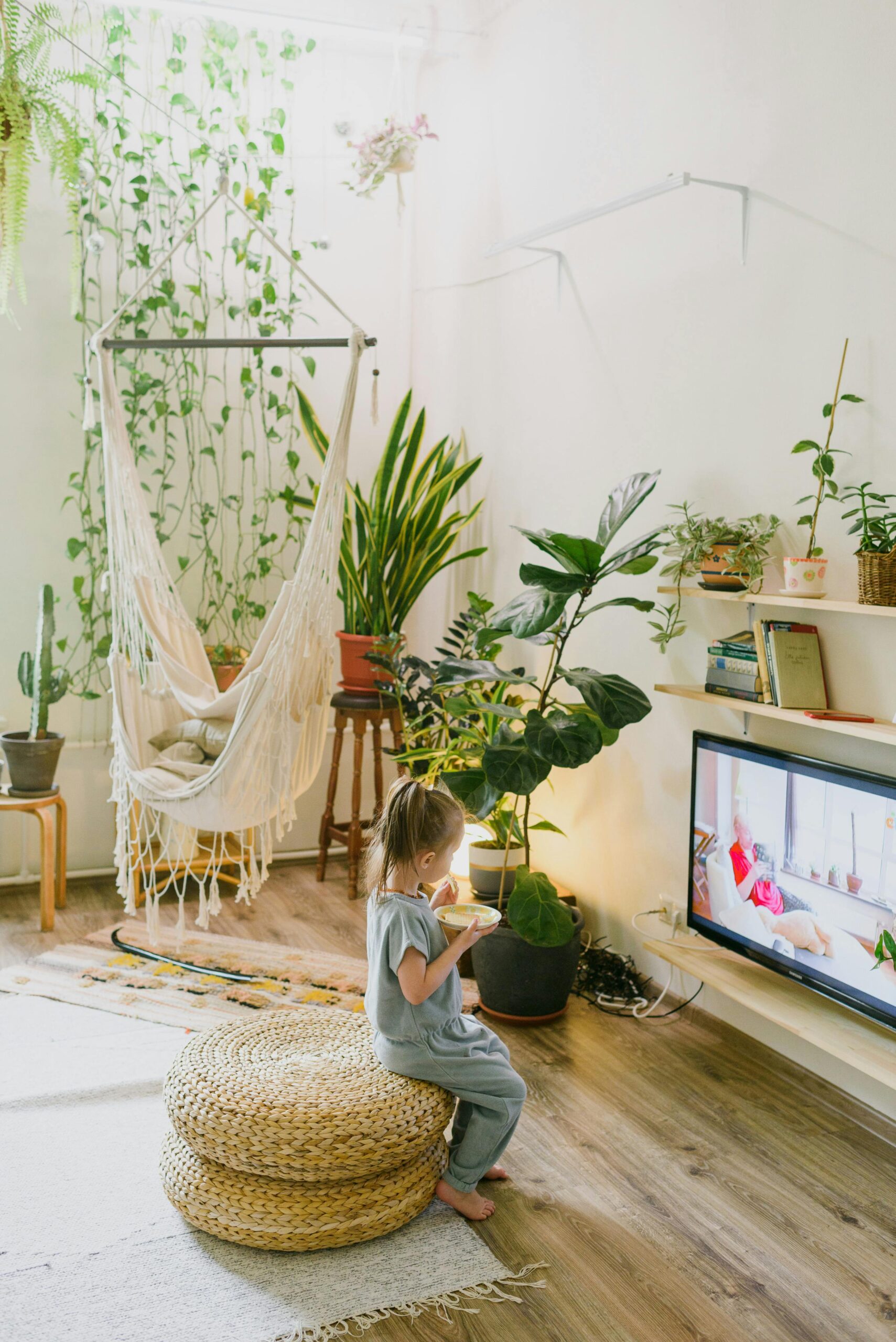
Often times parents ask me, Dumebi, you’ve always been teaching on effects of excessive screen time on a child especially for younger child, “how else can I engage my child knowing how busy our schedules can be and how active children can be too”?
According to the World Health Organization, children between the ages of 2 and 4 can have up to an hour of screen time per day while children less than two should not be allowed screen at all. for the times your child is not going to be on the screen, I’d encourage you engage them with the following activities such
Outdoor play

These are plays that give children the opportunities to explore nature. They’re important for children’s physical development and their general wellbeing. Outdoor play helps children learn about their environment, this makes them feel safe and comfortable with the world around them. Outdoor play for a child can be having a walk within your neighbourhoods just like what myself and my children did yesterday evening. It could also be a child pointing out trees, animals, flowers or whatever they see. It could be as simple as looking at the traffic lights, counting the cars parked on the streets. It could also be biking, scooting, running, jumping etc., doing this will make your child relaxed and calm.
Sensory Play

These are plays that help children make use of their five senses such as taste, smell, touch, hearing and sight. It gives children the opportunities to explore the world around them. Sensory play is so much fun for children. It encourages observational skills and memory skills for children. It promotes creativity, independent thinking for a child. It fosters sensory experiences such as playing with playdoughs, water, sand, paints, bubbles, food, or any form of textures. It’s a great way of helping children build hand and eye coordination skills.
Reading Together

This is simply an act of parents sitting down together with their child at the same time-sharing experiences from the book they’re reading. Reading together comes in different dimensions such as you reading for your child, or your child reading to you or both of you taking turns to read to each other, It helps with language development in children, it also helps with their attention skills, it fosters creativity and imagination and helps children fall in love with books. Reading together is not just about reading but about you forming a habit of reading together with your child every day and everywhere. You can achieve this by setting aside time to do special reading together with your child.
Arts and crafts

This is where parents engage their children in activities that are creative at the same time, giving the children an opportunity to make use of different resources to design or make art such as sticking, painting, colouring, paper crafts etc. Arts and crafts help children see their world that they live in, in a new way. The most important thing to understand when it comes to arts and crafts is letting your children explore their creativity through either drawing or crafting.
Imaginative play

This type of play is also known as pretend play is where children use their thoughts and experiences to act characters or create scenarios. It is important for parents to provide resources such as baby dolls, kitchens, plastic plates, pots, shops etc. for their children in other to achieve this. Pretend play promotes social skills and creativity in children.
Dear intentional parents, it is important to understand that the skills your child needs to thrive in life is not on screen because the screen does not teach real life experiences neither will it give your child human interaction. I understand that life can be busy for all of us as parent and sometimes we’re forced to sit our children on the screen to get out work done but before you do this, I’ll encourage you to think of the effects of excessive screen time on a child’s development, then ask yourself; is this what I want for my child?


